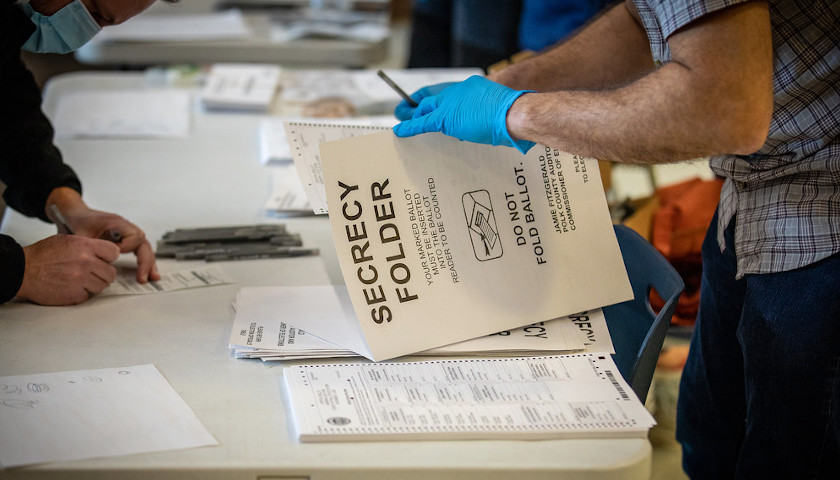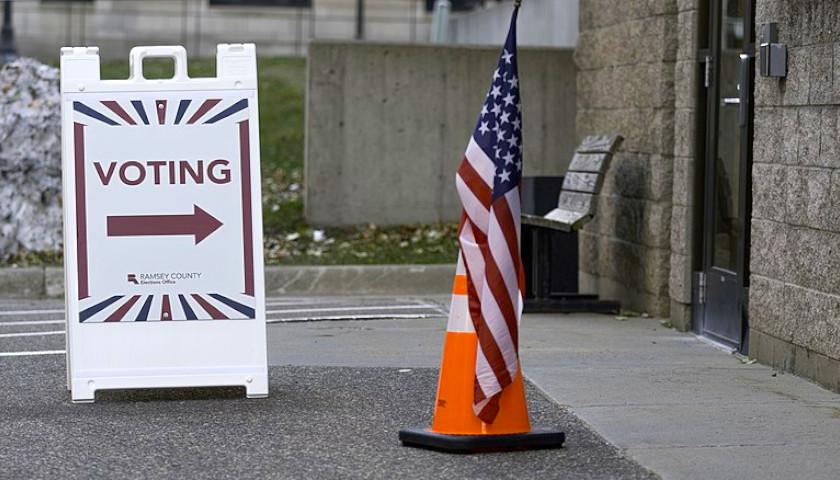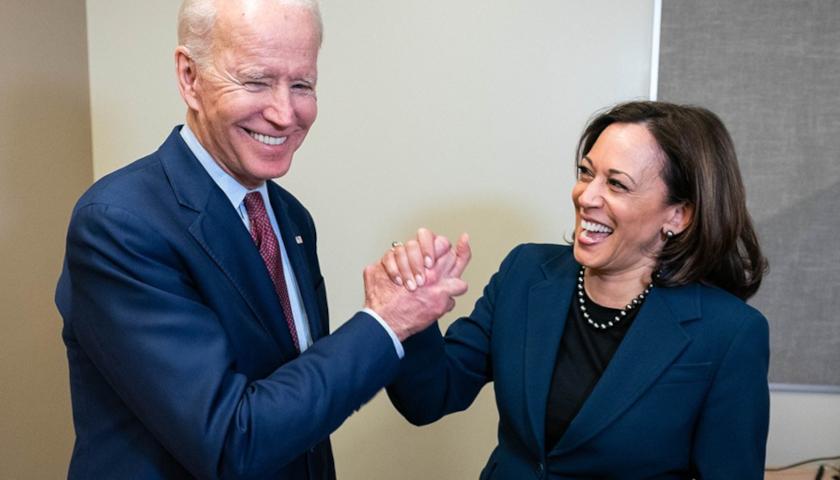Wednesday morning, the Tennessee Senate passed a bill to regulate funding for conducting local and state elections. SB 1534/HB 966 would require funds from private individuals, businesses, and corporations to receive approval from various elected state officials.
State Representative Michele Carringer (R-Knoxville) and State Senator Kerry Roberts (R-Springfield) are sponsoring the legislation.
The original language of the bill prohibited private individuals, businesses, and corporations from funding state and local elections entirely. Amendments on that bill softened the proposals significantly. Private individuals, businesses, and corporations may remit funds for the purpose of state or local elections, under certain circumstances.
The State Election Commission, Secretary of State, and Coordinator of Elections may accept those funds with approval from both Speakers from the Tennessee House and Senate. Any county election commission and administrator of elections may accept those funds with the approval of either the Tennessee Secretary of State or a designee of the Secretary of State.
Amendments on the bill clarified that it wouldn’t apply to funds purposed for election information advertising, donation of a use of a location for voting purposes, volunteer labor, pens, sanitizer, or other nominal items.
During the Senate State and Local Government Committee hearing, Roberts explained that this bill arose out of a recognition of “dark money” funding in other states during the 2020 election.
“Our goal here is for election integrity, and that is to set some parameters on who can and cannot give money to some of these entities,” explained Roberts. “These might be people who are providing funds from out of state, we call it ‘dark money,’ because there’s really no accountability on it. And we’re trying to prohibit that practice in Tennessee. It is not widespread in Tennessee. It did happen in the last election cycle.”
Roberts clarified that this wouldn’t serve as regulation – it would allow Tennesseans additional transparency in elections.
“The one thing that’s important is: it brings transparency and accountability to it. So, instead of money flowing directly to an election commission, [that] really doesn’t pass through any kind of review or [it] doesn’t become a public record for example, prior to it occurring this would be a process that would be transparent, it would be subject to open records [requests], etc.”
As The Tennessee Star reported on Wednesday, State Representative Bruce Griffey (R-Paris) and State Senator Joey Hensley (R-Hohenwald) introduced a bill that proposed something similar, initially. After press time, the General Assembly updated the information on Griffey’s bill to reflect an amendment rewriting the bill without the election funding provisions.
In short, the “Tennessee Election Integrity Act” by Griffey and Hensley would only require watermarking on non-electronic absentee ballots. The original language of the proposed bill concerning nongovernmental election funding was struck entirely.
The House is scheduled to review the bill to regulate outside election funding for final consideration on Wednesday.
– – –
Corinne Murdock is a reporter at The Tennessee Star and the Star News Network. Follow her latest on Twitter, or email tips to [email protected].
Photo “Poll Worker” by Phil Roeder. CC BY 2.0.






Remember just a few years when the “Courts” redefined “Businesses, Companies, Corporations” as “Individuals” allowing them to use their vast resources of funds to influence elections contrary to the general public???
I didn’t think you did, If you didn’t recognize what the courts were doing at the time,
You wouldn’t understand why they were excluded from participating in election in the first place,
But the last election was a good example, if you have the sense to finally figure it out.